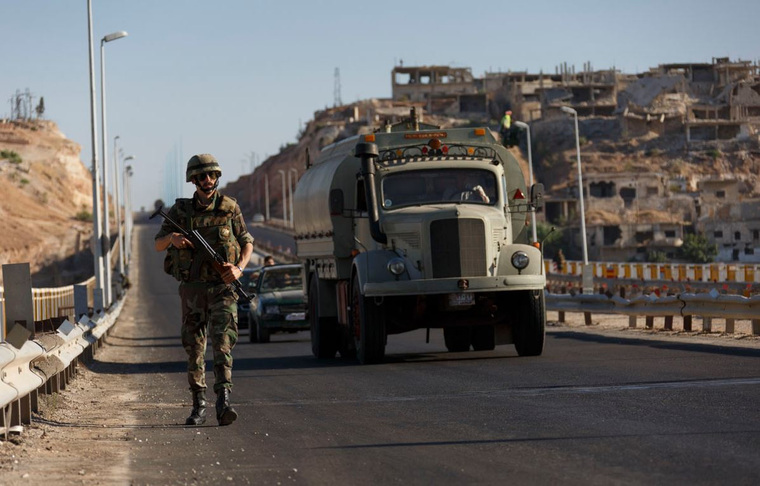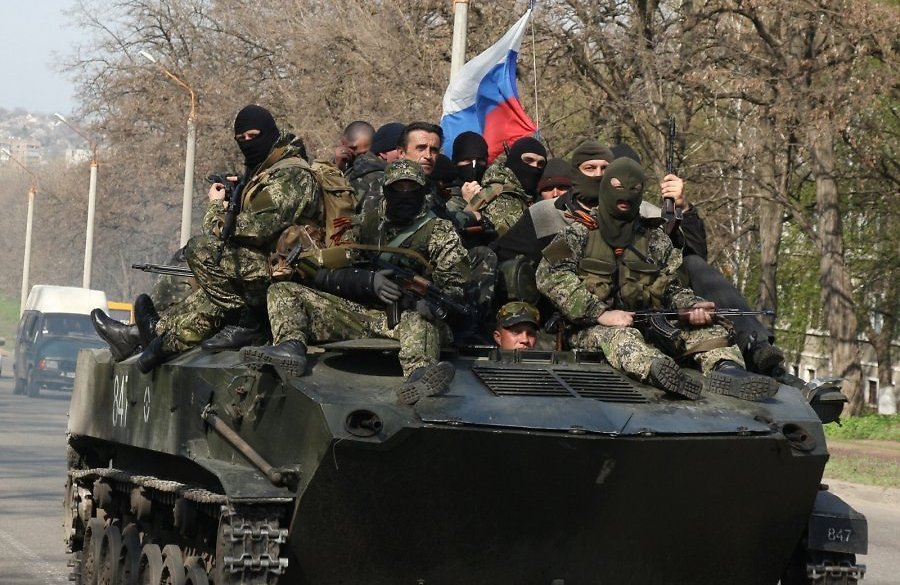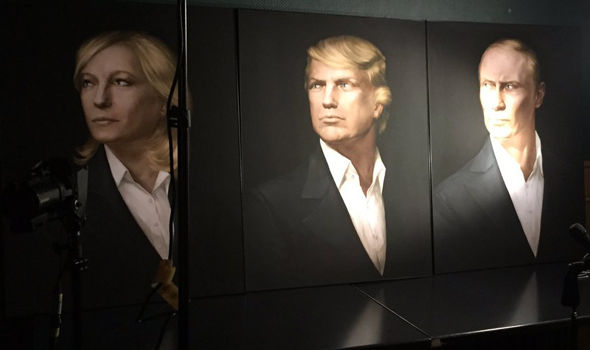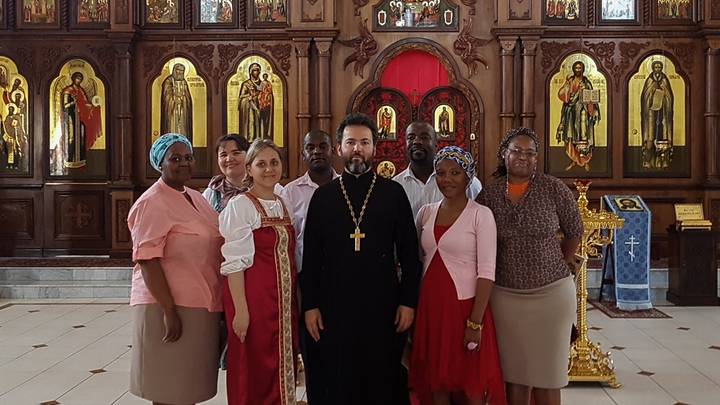Despite the fading of the Wagner private military company which attracted so much attention earlier because of evidence of its use by the Kremlin in its wars in Ukraine and Syria and the company’s increasing use of criminals rather than former military personnel, the number of private military companies in Russia is increasing rapidly in response to the Kremlin’s needs and the enormous salaries those who work in them receive.
Andrey Guselnikov, a URA journalist, reports that many former military personnel have broken with Wagner because of its use of criminals and of its extremely low competence, things that they say led to the serious losses its employees suffered in Syria earlier this year.
Among the new and more professional PMCs is the Patriot organization “which is close to the Main [Intelligence] Directorate of the General Staff [also known as “GRU” — Ed.]” and whose personnel are made up exclusively of men with long military training and experience, the journalist continues. But it is only one of many, and the number continues to grow.
They have now been asked by Serbia to work in Kosovo as well, where they will support “our Serbian comrades.”
“The participation of PMCs in military conflicts is one of the components of geopolitical influence of a country in the international arena in places where official armed forces can’t be sent,” Iosif Linder, head of a global counter-terrorist organization, says. And every country has them.
Russia had been lagging behind, he continues, “as a result of the lack of serious ideological propaganda and legislative action which still hasn’t been rectified to the necessary degree.” But the profitability of PMCs and their obvious utility in the Donbas and Syria is changing that.
Russia has a great advantage in one regard, experts say. Its military produces a large number of highly trained military personnel and so its PMCs do not have to spend money or time on training.
Since 2015, the number of Russian PMCs has exploded; and they have become an increasingly powerful force in the international market for their services. Last summer, one of their operatives said, American PMCs complained to President Donald Trump that Russian PMCs had taken some three billion US dollars in contracts away from them.
“One of the recent examples of the successful expansion of Russian PMCs is their use in the Central African Republic” where they supplement the official military advisors Moscow has sent to the CAR government, Guselnikov says.
But the PMCs aren’t for everyone, Aleksandr Zhilin, a prominent Moscow military commentator says. Many join up out of romantic visions only to discover that the PMCs are “in fact private armies which can be used in the interests of anyone whatsoever” and often in ways that are anything but romantic.
And there are real problems with working for one of these companies, Zhilin continues: there is a high probability those in them will die, they or their families won’t get any benefits because the PMCs are beyond the legal field, and in the end they may not even be paid what they are promised.
Nonetheless, Zhilin suggests, the high advertised pay will be enough to continue to fill their ranks even as the number of such Russian PMCs continues to expand.
Further Reading:
- Russia’s private military companies a more toxic form of Latin American death squads, Pastukhov says
- Moscow dispatches even more ‘private military companies’ to Syria and Africa
- Moscow preparing to replace its forces in Donbas with ‘private’ military ones, Kyiv analyst suggests
- Ukraine names over 150 mercenaries from “Putin’s private army” fighting in Ukraine and Syria
- Wagner mercenaries: what we know about Putin’s private army in Donbas
- Moscow’s private military companies continue to be a serious threat in Ukraine
- New footage shows Russian PMC Wagner involved in crucial 2015 Debaltseve battle in Ukraine
- Three largest Russian militant training facilities identified
- Putin seized Crimea with regular army but outsourced action in Donbas








